The Planeta family recorded five centuries and 17 generations in Sicily’s agriculture before it planted its first vineyard in 1985. It was another decade before it made its first wine, a New World-styled chardonnay. Patriarch Diego Planeta pioneered the growth of the winery and recognition of Sicily’s terroirs, and in the ensuing years, the family planted vineyards and built three wineries across the island. In 2008, the winery began planting vineyards between 1,550 to 2,800 feet on Mount Etna, Sicily’s live volcano. Francesca Planeta, a former marketing executive, returned to Sicily after a career in Milan, and is one of the current generation of cousins running the winery. Under her watch, the winery hired a female winemaker.
Earlier this summer, that winemaker, Patricia Toth, presented the newest vintages of her Mount Etna wines at Manhattan’s Bar Masa. Born and educated in Hungary, the 37-year-old Toth has been making wine at Planeta for 14 years.
Patricia Toth at Bar Masa
We began with a wine I never had, but now want more of: Planeta Brut Metodo Classico Sicilia DOC NV. It’s 100% carricante, an indigenous white grape. A mineral backbone accompanies the savory-saline flavor in the resulting wine, thanks to Mount Etna’s volcanic soil. When Toth transformed it into a Champagne-styled sparkling wine, the carricante was clean, fresh and perfect with our Island Creek oysters and chicken dumplings. 90 points. Retail prices are $40 to $45.
Toth’s non-sparkling version of carricante is the 2017 Planeta Etna Bianco. The Italian wine regulation has a self-defeating requirement that only 60% of the grapes be carricante to label it Etna Bianco. Planeta’s bottling is 100% carricante—a quantity the regulators should consider adopting.
The smoky aroma from the rocky, mineral volcanic soil blends with the grapes’ herbal, citrus aromas, a profile that triggered a memory of Pouilly-Fume wine. Its medium body carried a very appealing white-fruit flavor lined with mild acidity and a soft, tangy finish. It was very pleasing with Chef Masa Takayama’s kale gobo and pignoli nut slaw. 90 points. Retail prices range from $23 to $31.
Mount Etna has had many eruptions, but none have been more historic than the one in 1614, which lasted 10 years and is the longest ever recorded. Planeta’s 2016 Eruzione 1614 Carricante Sicilia DOC is from its Sciaranuova vineyard, which was planted where the legendary lava flow stopped.
The wine is 90% carricante and 10% riesling. The latter contributes a classic petro aroma to carricante’s herbal scent, creating a very perfumed wine, while the riesling brings a rounder mouthfeel. The lava rock and sand infused its minerality with the white peach and mild lemon flavors. It was delightful with shrimp tempura, but took second place to the brut metodo classico with the chicken dumplings. 89 points. Retail prices range from $35 to $46.
Nerello mascalese is the grape of Mount Etna’s appellation red wine and must be at least 80% of the wine. At its best, nerello mascalese offers bright red fruit aromas and flavors lined with striking minerality, acidity and tannins, and underscored with a slight bitterness that recalls balsamic vinegar or soy sauce.
The 2017 Planeta Etna Rosso DOC is 100% nerello mascalese. The volcanic soil contributes a very peppery accent to the cherry aroma. Its delicious strawberry and black-cherry flavors with integrated tannins were surprisingly round. It was lively on the palate and a good partner to the Peking duck tacos with foie gras. 91 points. Retail prices range from $24 to $34.
The 2016 Eruzione 1614 Nerello Mascalese Sicilia DOC is 91% nerello mascalese and 9% nerello cappuccio and aged in used oak barrels for about 14 months. The blend and winemaking produces a tamed wine on the palate. It’s black-cherry and mild herbal aromas are forerunners for the open and accessible black cherry and blackberry flavors supported with soft tannins that makes the wine immediately appealing and drinkable. 88 points. Retail prices are $30 to $33.
Overall, Toth’s presentation showed how the sparkling and still wines capture the mineral and acidic backbone derived from Mount Etna’s soil, while the ripe, balanced fruit flavors are derived from the warm days and cool nights at the volcano. While Planeta might have been a latecomer to winemaking and Mount Etna, it has reached a high summit in the wine world.
Photos by John Foy
Please leave a comment

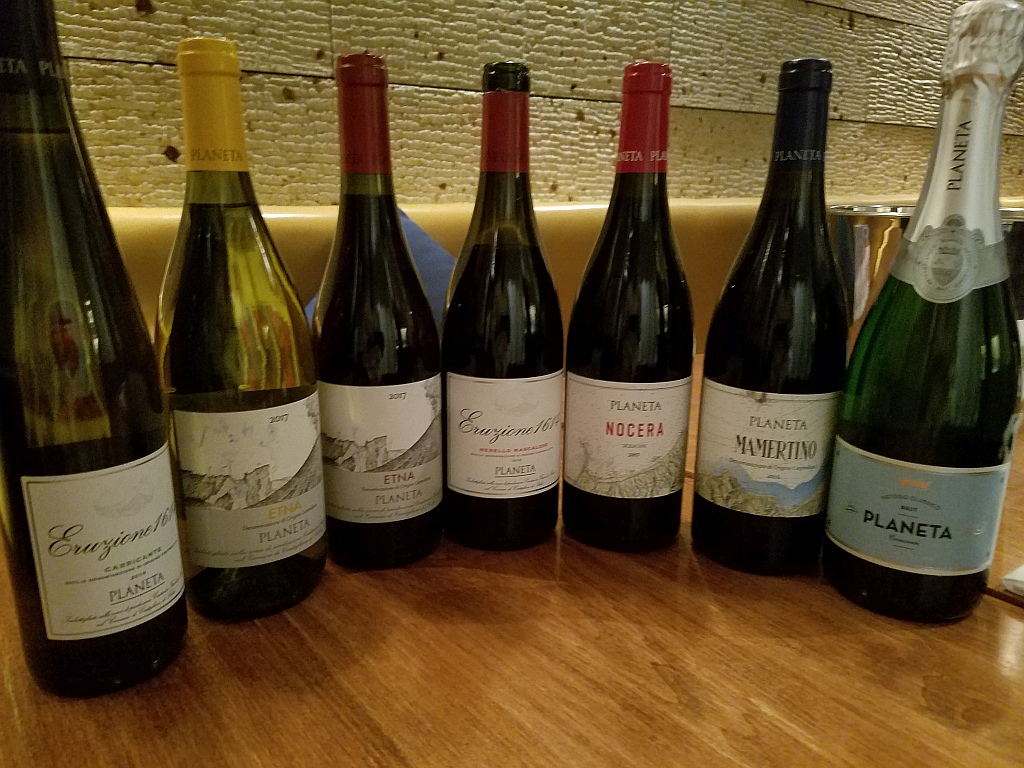



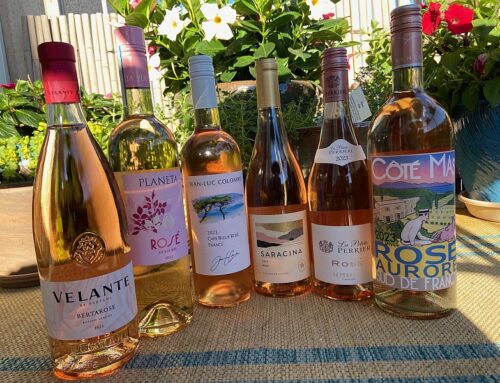

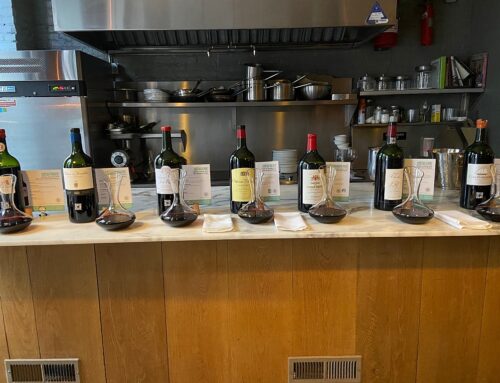
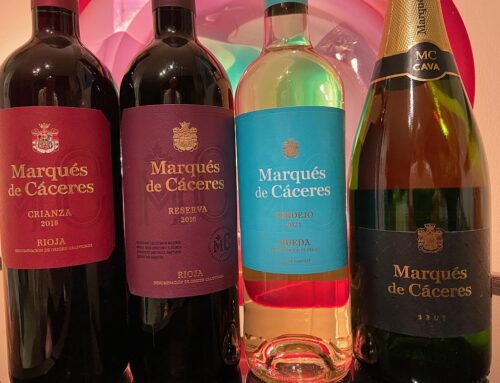
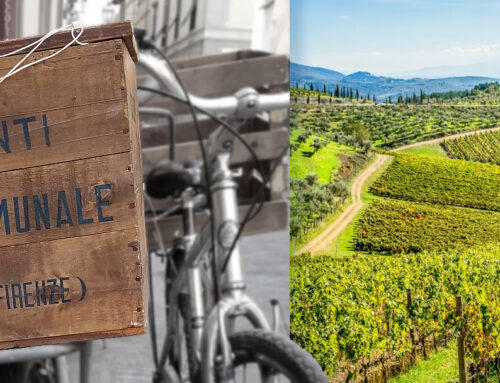
Leave A Comment